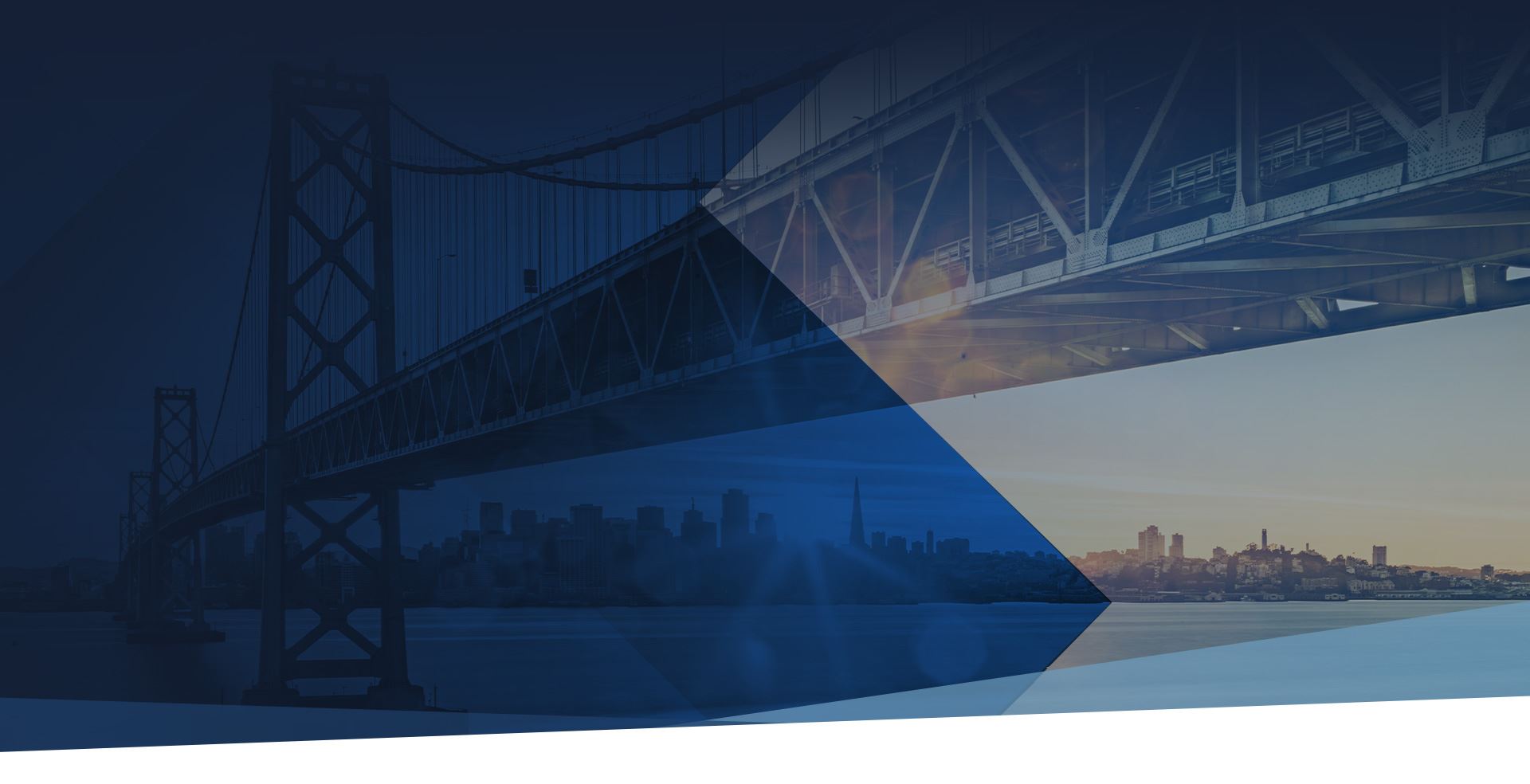DUI checkpoints look a lot like those roadblocks you see in the movies only the cops aren’t looking for any particular suspect. Instead, they’re hoping to nab drunk and drugged drivers as well as people who:
- Are driving on a suspended license.
- Are driving without valid insurance.
- Have a warrant out for their arrest.
- Are driving with expired registration tags.
- Are breaking another law; for example, they’re trafficking drugs and the contraband is in their vehicles.
- Are smuggling illegal immigrants.
DUI or sobriety checkpoints are locations set up by law enforcement. The main purpose of DUI checkpoints is to catch people in the act of driving under the influence but many times the police are able to catch other people who are violating another drug or traffic law.
Are DUI checkpoints legal? In California they are, but not all states conduct them. According to the Governors Highway Safety Association (GHSA), “37 states, the District of Columbia, the Northern Marina Islands and the Virgin Islands conduct sobriety checkpoints.”
In California, over 2,500 DUI checkpoints are conducted every year and they are upheld under both the state and federal constitutions, according to the GHSA. However, DUI checkpoints are NOT conducted in our neighboring state, Oregon because they are illegal under Oregon’s Constitution.
Can I Turn Away from a DUI Checkpoint?
If you’re wondering, “If I approach a DUI checkpoint, can I turn away?” this is a very common question but you’re probably not going to like the answer. If you find yourself driving up to a DUI checkpoint, you cannot make a U-turn and head back in the opposite direction. This will make you look guilty as they come and there’s very little chance of the cops not noticing your brave maneuver.
If the police see you turning away from a DUI checkpoint, you can bet they’ll think you have something to hide and they’ll send a chase car after you. The only safe way to avoid a DUI checkpoint is to Google the checkpoints in your area before heading out for the evening. And just so you know, DUI checkpoints are typically set up at locations near nightclubs and bars and where there have been a high incidence of DUI crashes and arrests.
Related: About California’s New IID Law
